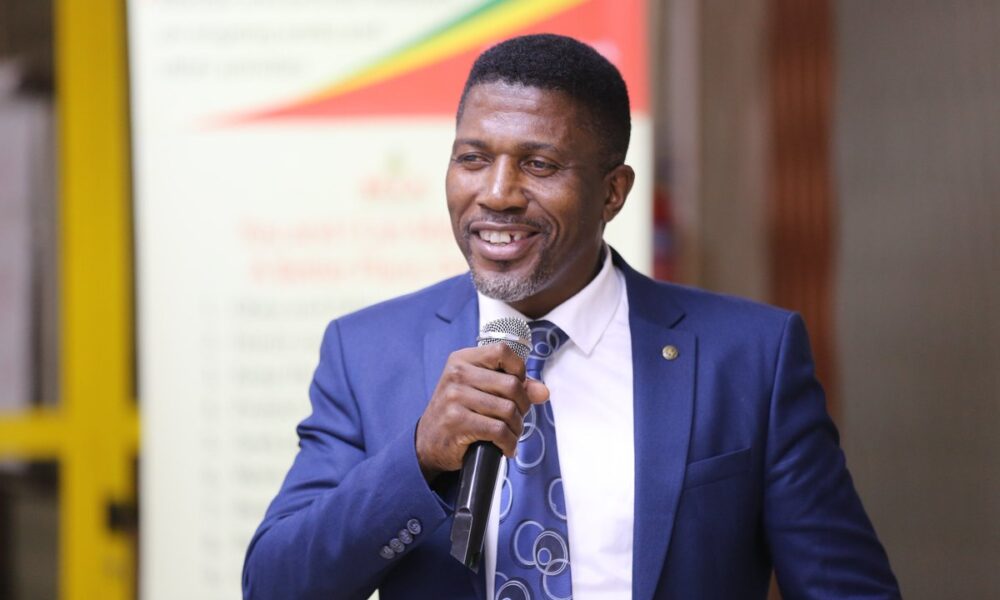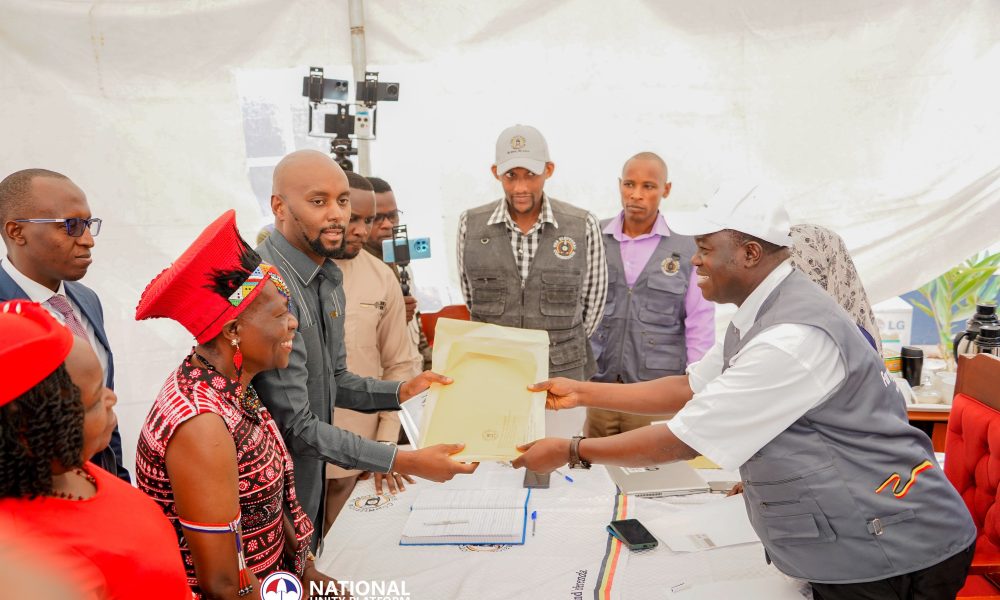Uganda's Political Arena Heats Up: Museveni Faces Challengers as 2026 Nominations Begin
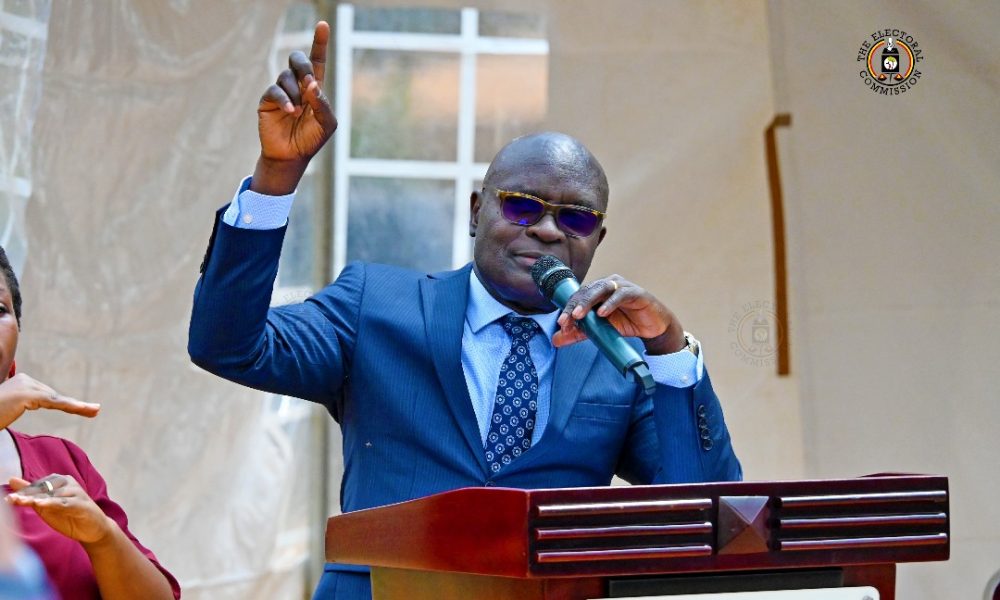
Uganda's comprehensive electoral process for the 2025/26 general elections has officially commenced, with significant activities underway for both presidential aspirants and candidates seeking leadership roles in municipalities and city divisions. The Electoral Commission (EC) is meticulously overseeing these crucial initial phases, setting the stage for what promises to be a robust democratic exercise.
The race for Uganda’s top office, the presidency, has officially kicked off with a remarkable 51 individuals picking presidential nomination forms on the first day alone, ahead of the 2026 General Elections. Among these aspirants, six are women and 45 are men, representing a diverse mix of political affiliations. Two fully registered political parties, the Conservative Party (CP) and the National Economic Empowerment Dialogue Party (NEED), are fielding candidates, though the majority of aspirants are registering as independents. Ugandan electoral law mandates that aspiring presidential candidates must secure authentic endorsements from registered voters in at least 98 districts across the country, with each endorsement subject to stringent EC verification. While President Yoweri Kaguta Museveni, who has governed since 1986, is widely expected to seek re-election, he has not yet personally picked nomination forms, with reports suggesting a representative may do so within the designated 44-day window. Political analysts are closely watching this development, noting that if all 51 aspirants successfully meet the eligibility criteria and make it onto the ballot, Uganda could potentially set a global record for the highest number of presidential candidates in a single election. The nomination exercise for presidential candidates will continue until the EC officially closes the process, followed by a thorough verification and clearance of all submitted applications.
Concurrently, the Electoral Commission has also initiated the nomination process for individuals aspiring to leadership positions in municipalities and city divisions. This critical three-day exercise, which began today and concludes on Wednesday, September 10, 2025, marks another key milestone in Uganda’s broader path to the 2025/26 general elections. The nominations encompass a wide range of positions, including municipality and city division chairpersons, councillors, and representatives for various special interest groups such as youth, women, workers, older persons, and persons with disabilities. These local government nominations are being conducted at EC district offices across the country, with Kampala handling nominations at each of its five city division offices.
EC spokesperson Julius Mucunguzi emphasized the importance of an orderly and peaceful process, urging aspirants to meticulously review their documents before submission. He highlighted that candidates contesting for chairperson positions must present at least 20 supporters who are verified registered voters within the EC system, cautioning against the delays and disqualifications seen in previous exercises due to invalid supporter details. Mucunguzi also reiterated the strict requirement for candidates to pay nomination fees in advance, clarifying that failure to do so would result in automatic disqualification. To ensure efficiency and discipline, only four individuals are permitted at the nomination table: the candidate, two supporters, and one official agent. Furthermore, the EC strictly clarified that the nomination period is a procedural exercise and not an opportunity for campaigning, stressing that campaigning will be permitted only during the period set by the Commission later on.
This nomination exercise, while routine in its procedural aspects, holds immense significance as it signals the official start of the local government electoral process. These leaders are vital for service delivery, local governance, and grassroots representation. As the 2025/26 elections draw closer, this phase also serves as a crucial measure of Uganda’s preparedness for credible and peaceful polls. Mucunguzi passionately appealed to all stakeholders, including political parties, civil society groups, and security agencies, to promote peaceful engagement and ensure that political rivalry does not escalate into violence. He underscored the necessity of choosing leaders through a fair, transparent, and peaceful process for the continued unity and progress of Uganda. Once the nomination period concludes, the Commission will release the official list of nominated candidates and provide guidelines for the upcoming campaign period, which is expected to ignite active debates on critical local issues such as infrastructure, employment, youth development, and public services. In closing, Mucunguzi encouraged citizens to prepare for active participation in the democratic process, reminding them that their vote is their voice, essential for shaping the future of their communities and the country at large.
You may also like...
Bournemouth's Summer Nightmare: £200M Player Exodus Sparks Fan Fear

Bournemouth's decision to retain Antoine Semenyo has been a masterstroke, as the Ghana winger's exceptional performances...
WNBA Finals Game 1 Shocker: Dana Evans, Aces Crush Mercury
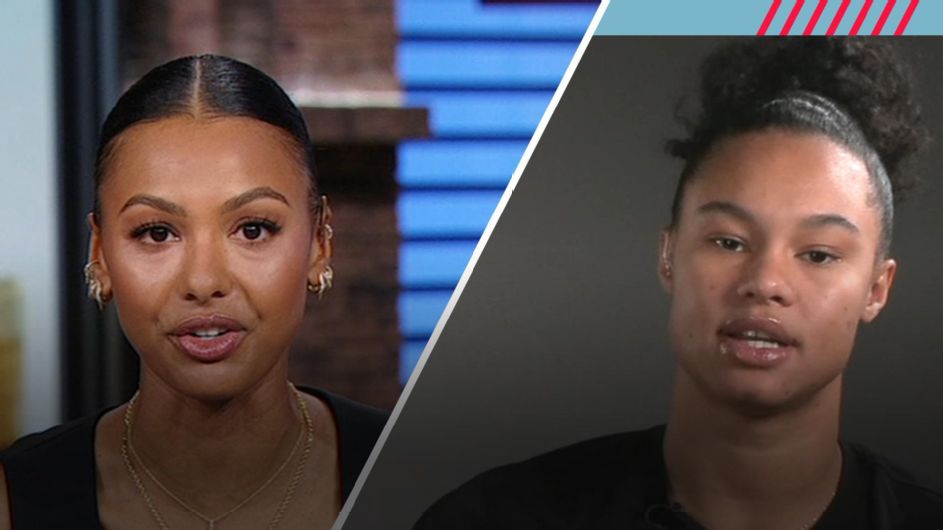
The Las Vegas Aces secured an 89-86 victory over the Phoenix Mercury in Game 1 of the 2025 WNBA Finals, driven by their ...
Shocking Ax: Fox Pulls the Plug on Beloved Animated Series 'Great North'

Fox has officially canceled the animated comedy <i>The Great North</i> after five seasons, concluding its run in Septemb...
Unveiling the Horrors: Inside Netflix's Ed Gein Story & Star's Chilling Connection

The Netflix series "Monster: The Ed Gein Story" delves into the life and crimes of the notorious serial killer, explorin...
Backstreet Boys Unleash AI, Brazilian Love, and Millennium Legacy on Tour

Celebrating over three decades in music, Nick Carter and Howie Dorough of the Backstreet Boys reflect on their enduring ...
Ozzy Osbourne's Harrowing Final Confessions Before His Death in Poignant New Documentary

A new documentary, 'Ozzy Osbourne: No Escape From Now,' posthumously showcases the rock legend's final reflections on hi...
Noel Gallagher Unleashes Brutal Critique on Taylor Swift Amid Her 12th Album Launch

Noel Gallagher offers his characteristically blunt, mixed opinions on Taylor Swift's success and modern pop strategies, ...
Tragedy Strikes Nollywood: Veteran Actor Duro Michael Passes Away At 67
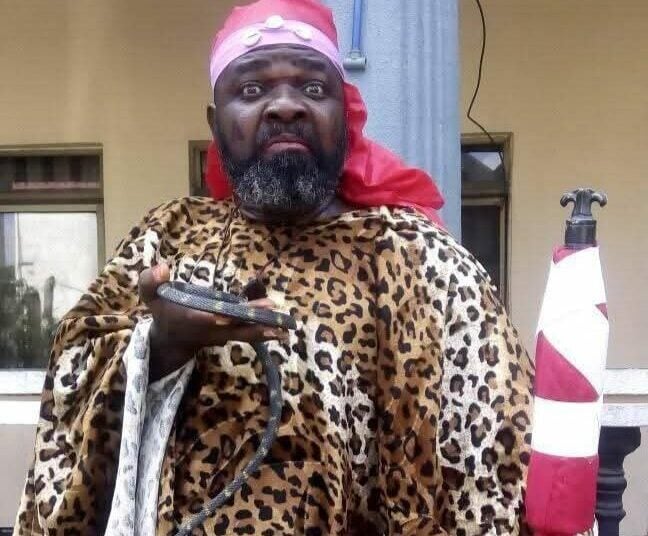
Nollywood mourns the passing of veteran actor Duro Michael at 67, following a battle with a terminal illness. Producer S...


